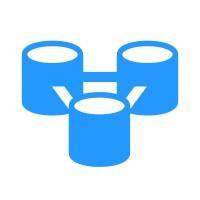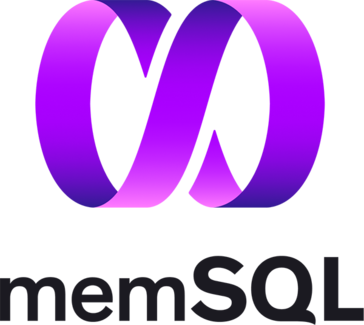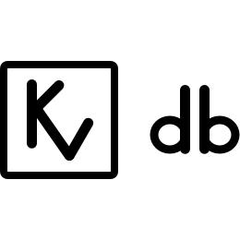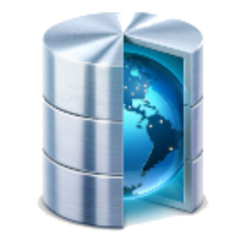
PostgreSQL
PostgreSQL is an advanced open-source object-relational database system renowned for its reliability and scalability. With origins dating back to 1986, it supports complex data workloads while ensuring data integrity through ACID compliance. Its extensibility allows custom functions and data types, making it a preferred choice for developers and organizations alike.
Top PostgreSQL Alternatives
YDB
YDB is an open-source Distributed SQL Database designed for high availability and scalability while ensuring strong consistency and ACID transactions.
Undb
Undb offers a visual drag-and-drop interface for building custom business systems, allowing users to process and optimize data effortlessly.
MemSQL
Offering a unified platform, MemSQL empowers businesses to handle diverse workloads including SQL, JSON, vector, and full-text search efficiently.
Sherloq
Sherloq revolutionizes SQL management by enabling users to save, share, and reuse queries directly within their existing IDEs.
DBeaver
DBeaver Community is a versatile, free database management tool designed for developers and data professionals.
PartiQL
It enables users to execute SQL-compatible queries across structured, semi-structured, and nested data seamlessly...
Robomongo
It features a JavaScript VM for dynamic autocompletion, ensuring a responsive user experience...
M3
With a proven ability to ingest over one billion datapoints per second and serve more...
robo3t
With real-time JavaScript execution, it offers dynamic autocompletion and asynchronous operations that enhance performance...
KVdb
Users can create secure buckets with customizable access controls and manage data effortlessly, including incrementing...
Prometheus
It utilizes a dimensional data model, enabling users to perform real-time queries with PromQL...
Database X-Ray
Users can easily identify dependencies, view DDL, and copy object code for further use...
HyperSQL
Developed by the HSQL Development Group, it enables seamless data processing and supports diverse platforms...
Basemaster
With its intuitive Set Design feature, new tables can be created instantly, granting administrators full...
PostgreSQL Review and Overview
Companies or organizations today rely a lot on data. The data sets are enormous, complex, and sensitive, and therefore need to be stored safely so that it doesn’t fall into the wrong hands. Moreover, data sets not only need to be handled carefully but also need to be coded rightfully to obtain the best results. PostgreSQL is the tool that satisfies both conditions and allows users to handle large and complex data with ease of SQL and robust security of PostgreSQL. The compatibility, compliance, and additional sophisticated features make it a popular choice among database enthusiasts.
What makes PostgreSQL different?
PostgreSQL stands out to be a favorite among its users due to the significant number of pragmatic features that allow them to work on databases seamlessly. Firstly, it satisfies all the conditions for being called an ACID compliance database system, making it one of the most reliable methods for writing and reading into databases. In addition to this, it can be run on nearly all operating systems very smoothly, making it compatible with all the systems out there: different systems, same performance.
Along with compliance and compatibility, another vital factor that makes PostgreSQL a top choice among data enthusiasts is the point that Postgre SQL is open-sourced and free of cost. This deadly combination makes it a perfect testing ground from users all over the world, and they can expect updates and significant changes within a brief span without having to pay for it. And the best part? You can contribute to it as well. Join the band.
Volatile, yet reassuring
As mentioned earlier, ACID compliance makes PostgreSQL highly reliable for reading and writing into databases and managing them. The compliance gets even more praise in the case of PostgreSQL because of its volatile nature. Alongside reliance, it also aids users with extensibility and allows them to create and define custom data types and functions. This also includes utilizing part of other programming languages to make coding at one place more accessible. Save time from recompilation issues with PostgreSQL, for time is money.
With every update of PostgreSQL, changelogs mention the changes made, new features, and integrations added to make the experience more comfortable. Have that thing for SQL, but want a more reliable, safer, and more flexible database system to work on dense datasets? PostgreSQL is the perfect tool for the purpose.
Top PostgreSQL Features
- Object-relational database system
- ACID compliance
- SQL standard conformance
- Custom data types
- Extensible architecture
- Advanced indexing capabilities
- Geospatial data support
- Robust community support
- Cross-platform compatibility
- High scalability
- Fault-tolerant environments
- Comprehensive documentation
- Active mailing list community
- Performance improvements
- Innovative add-ons
- Custom functions support
- Multilingual programming support
- Strong security features
- Proven architecture reliability
- Open-source flexibility.














